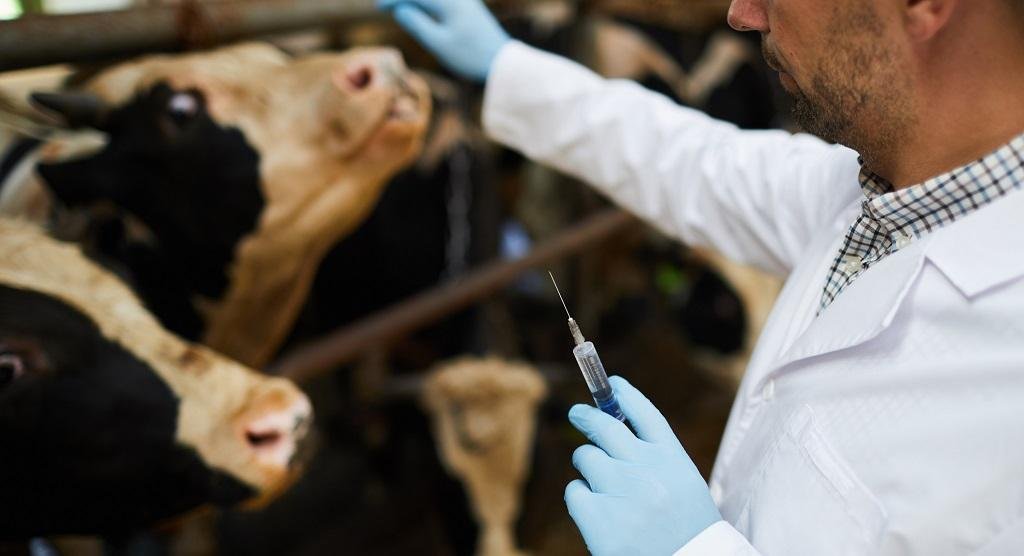Why Flasin-Tylosin Tartrate Is A Must-Have Drug In Cattle Medicine Supplies?

Flasin-Tylosin tartrate has been one of the most common drugs the vet prescribes for farm animals. Many animal owners are not sure about the health issues of the animal. Experts believe that this macrolide antibiotic works as an antimicrobial growth promoter in animals. In simple words, it helps in eliminating bacterial infections in pet animals.
If you are a farm owner looking for answers related to this drug or health issues, this blog is for you. Here you can find details about the drug and answers for many of your queries related to various health issues.
Let’s address the first common questions first. Flasin – the Cattle medicine is Tylosin Tartrate Powder for oral administration, which generally helps treat microbial infections. Most vets believe that it is very effective in treating gastrointestinal and respiratory infections caused by Tylosin sensitive micro-organisms like Campylobacter, Chlamydia, Mycoplasma, Pasteurella, Streptococcus, Staphylococcus and Treponema spp . Such health issues are common in Calves, Goats, Poultry, Sheep and Swine.
Though this is one of the most popular veterinary drugs for cattle, you need to avoid it if your pet is hypersensitive to tylosin, as it could complicate the health issue. If your farm animal is being administered penicillin, cephalosporins, quinolones or cycloserine, then you need to avoid this drug. The other situation in which you should avoid this drug is if the animal has active microbial digestion. All the contraindications mentioned in this paragraph helps to eliminate further complications.
The vet manufacturer believes that like any other drug, this medication also has few side effects. Diarrhoea, epigastric pain and skin sensitiveness could be some issues that the animal could experience. One should understand that all the animals would not show the same side effects. A few animals would not have any side effects of this drug. You need to maintain some caution while administering to a pregnant pet.
If you are an owner of a large set of animals, it would be ideal for you to purchase the 1000g jar. You could also try the 30 g or the 100 g sachet, as they are part of the popular cattle medicine supplies. The various packaging provides convenience for people to purchase the product and use it without wastage. This same drug can be used for dogs, cattle, sheep, goats, hens and other pre-ruminant calves.
Like any other veterinary drug for cattle or other farm animals, the dosage of this drug would depend on the animal type and weight. The powder is generally administered orally; but in few cases, the pet owners can mix it in water or food. Experts believe that many animals would show resistance to have the powder, as it is bitter. They suggest placing the powder into an empty gelatine capsule or cold butter. If the pet vomits or acts sick after taking the drug (without food), then you could try mixing it with food or treat. The medication generally shows its effect in about one to two hours. But, you can notice a significant difference in few days. This Flasin-Tylosin tartrate powder should be stored in an air-tight container, away from light and moisture. Room temperature would be the ideal condition.
If you missed a dose, you need not worry; you can give it when you remember. If it is close to the next dosage, then it would be ideal to miss the dose and continue with the schedule as per the prescription. You should never give any pet two doses at once or opt for an extra dosage. You would not need any specific monitoring, but the vet would prefer to keep an eye to ensure that the medication is working.
If you suspect an overdose or adverse reaction, then you need to call the vet immediately. If the vet is not available, contact the nearest vet hospital and explain the condition.
One should understand that any drug should not be administered without a vet prescription, as self-medication could be fatal.












